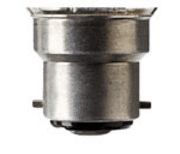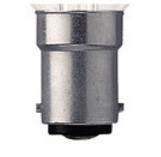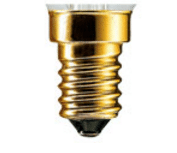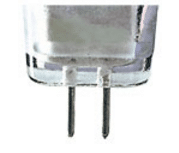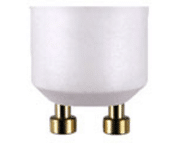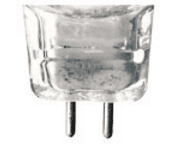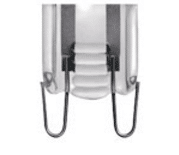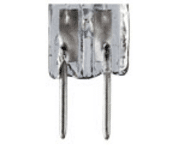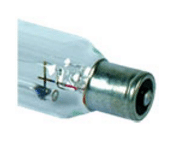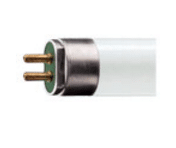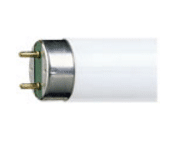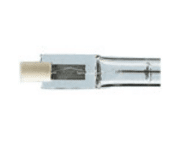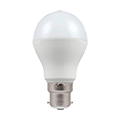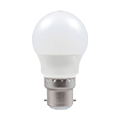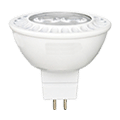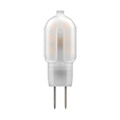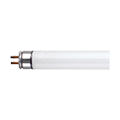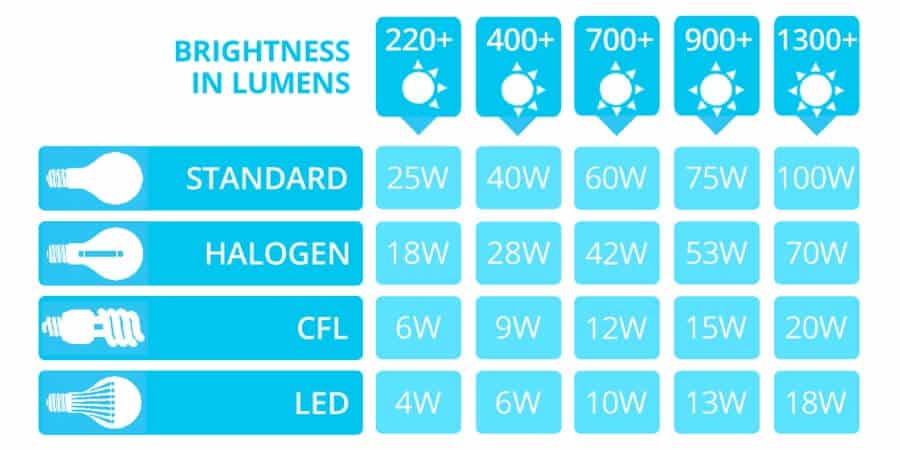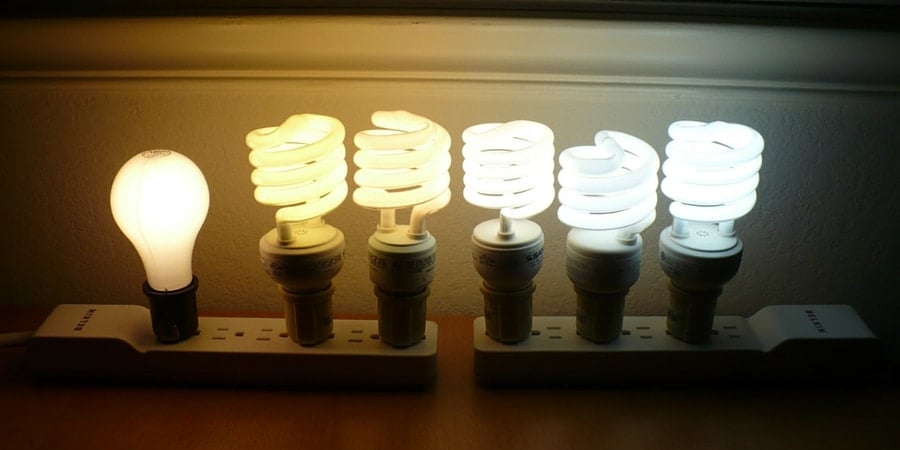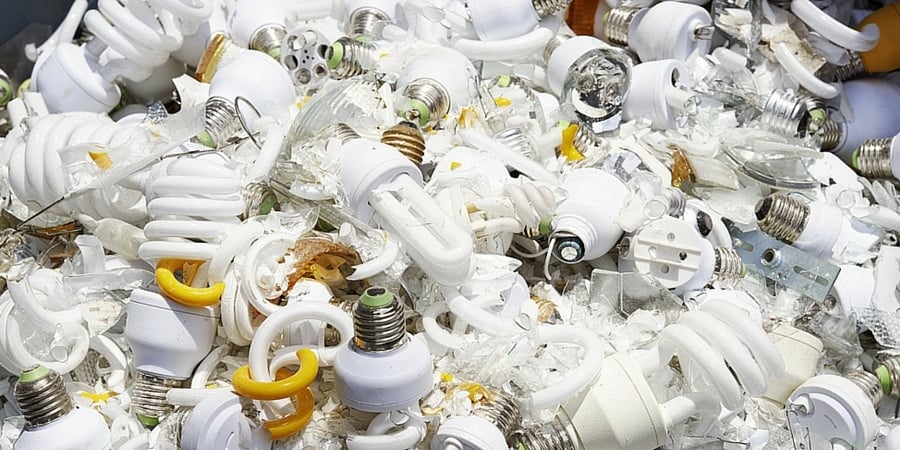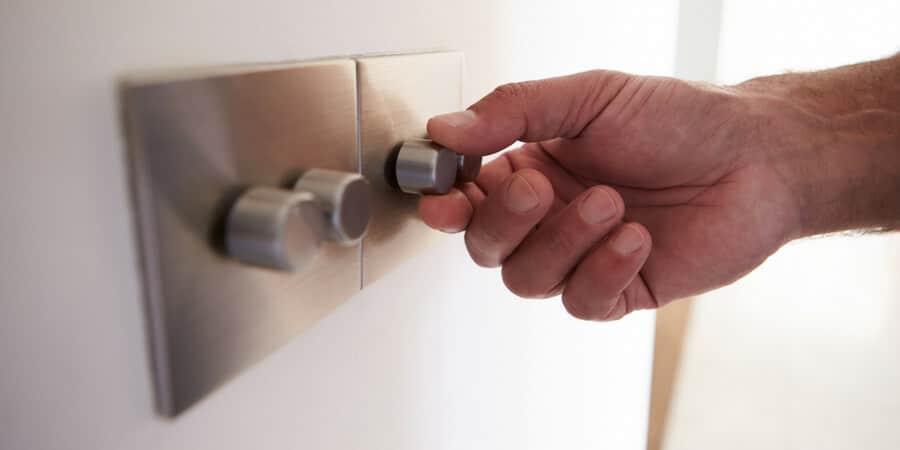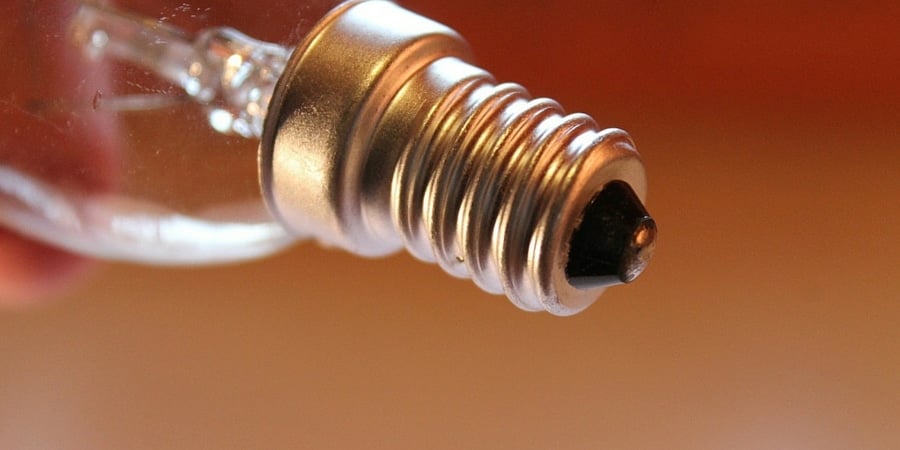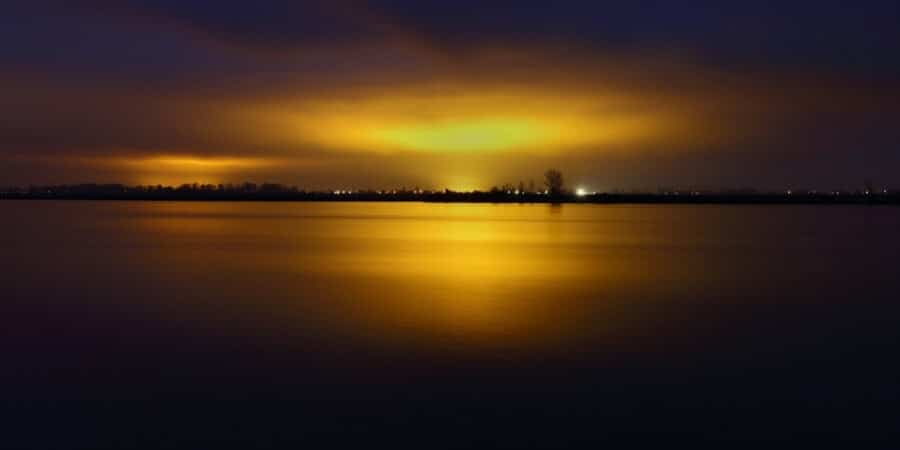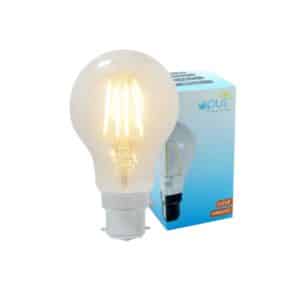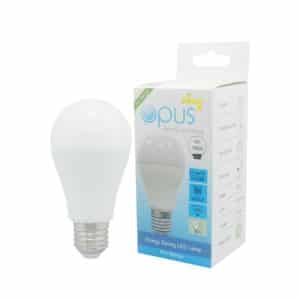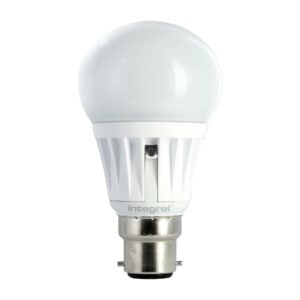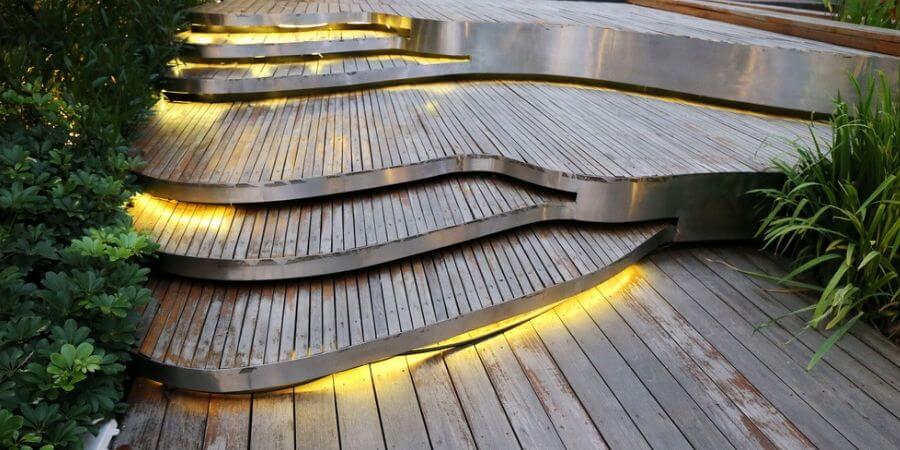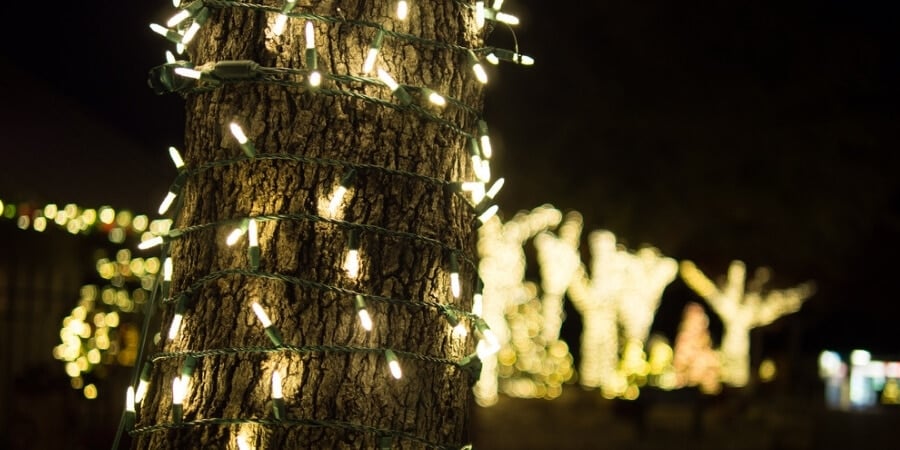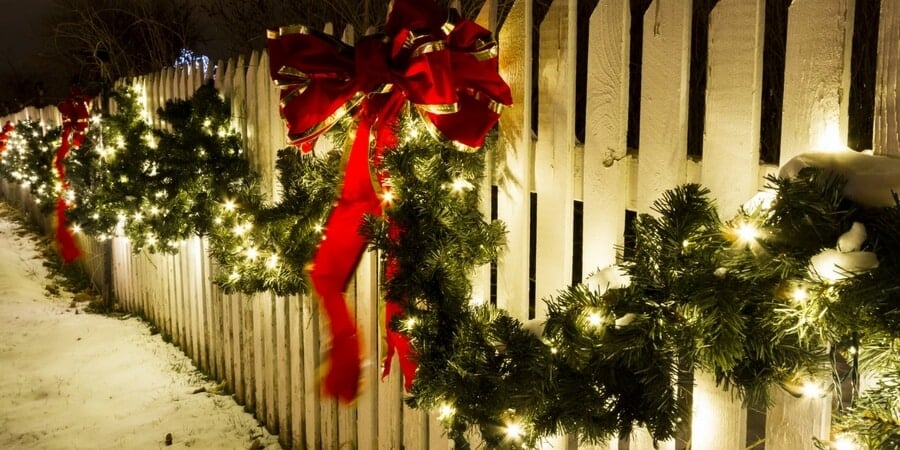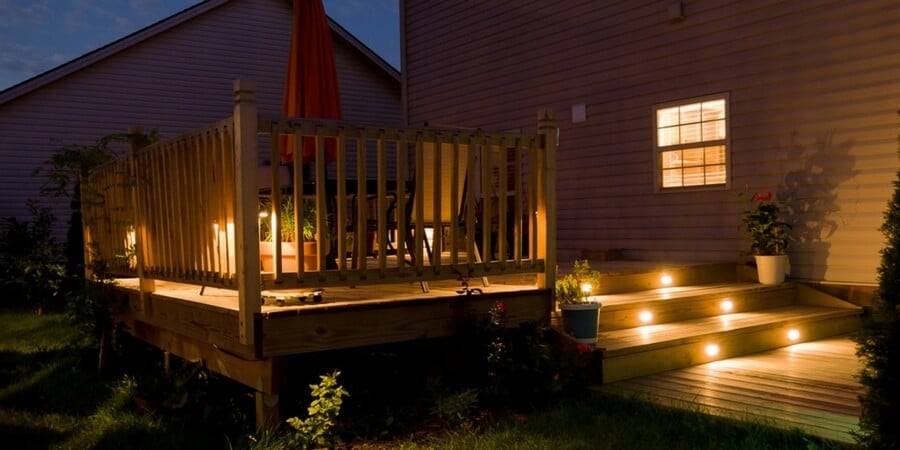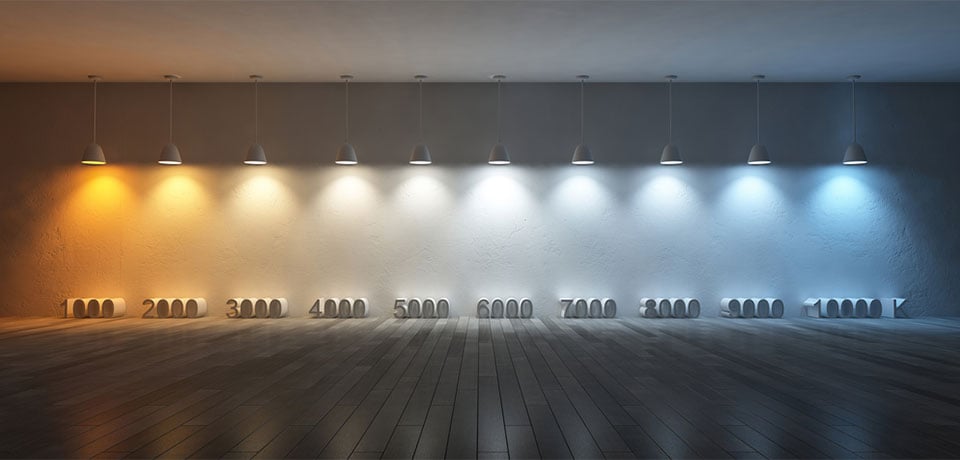As the weather warms up and we dare to dream of spending time outdoors again, our thoughts naturally turn to our gardens and other outdoor spaces, and we begin to make plans. Whether you’re fantasizing about lazy afternoons lounging in the sun or weekend cookouts that will make you the envy of your cul-de-sac, your plans for your outdoor space may include updated lighting that will allow you to linger a bit longer after the sun sets.
Whether or not you intend it to, that artificial lighting can have an impact on the wildlife in your yard.
When you decide to add lighting to outdoor spaces, there are a few different things to consider:
- Safety—Your fixtures and light bulbs need the proper IP rating to ensure no water, dirt or debris can get inside them. You’ll also want to make sure any wires or electrical components are protected from animals, and that they won’t act as tripping hazards.
- Impact on your neighbours—In addition to simply being polite, there are laws in effect to avoid the creation of “artificial light nuisance”. This means that if your neighbours find your lighting to be a nuisance in any way, they can make a formal complaint against you to your local council, and you may be forced to change your lighting setup. Since “[t]here are no set levels for light to be considered a statutory nuisance” and it is entirely up to council assessment, it is prudent to factor this in when making your initial plans, and to select lamps that won’t be shining into the bedrooms of your neighbours when you light outdoor spaces.
- Impact on nature—whether natural or artificial, lighting has an impact on every living thing on the planet. For good or bad, lighting impacts the sleep cycles and behaviour of plants and animals, making it a hugely influential factor when it comes to their safety and well-being. This makes the way we use lighting in outdoor spaces especially important.
In this post, we will focus on how outdoor lighting, and artificial light at night (ALAN) in particular, influences and impacts nature. We’ll also offer some suggestions for how to minimize the impact your outdoor lighting has on nature without minimizing your ability to enjoy your garden after the sun sets.
The impact of lighting on plants
Light enables plants to photosynthesize and create the energy they need to thrive. Because it’s necessary for their survival, you may be wondering how a little extra light could impact them negatively. While some types of plants do thrive with a bit more light tacked on at the end of the day, studies have shown that too much extra low-level light, such as skyglow, may be detrimental and otherwise disruptive to certain types of plant life and their ability to grow.
“[T]rees living near street lamps that had retained some of their leaves longer than normal was one of the earliest observations of the effects of light pollution on plants.” (Benes, 2018)”
In addition to the direct impact on their growth and rest cycles, lighting also impacts something else plants rely heavily on—pollinators. When night pollinators such as moths, insects, and even bats, get distracted or deterred by lighting, the plants lose out on this beneficial nighttime pollination and aren’t able to produce as many seeds, which can impact the entire ecosystem.
The impact of light on animals
Like us, our fellow animals are affected by light. It impacts their sleep-wake cycles, triggers certain behaviours and activities, and signals to them when it is safe to migrate, rest, and eat. When we introduce artificial sources of lighting at night, it confuses some animals and can leave them vulnerable to predation, injury, exhaustion, decreased or sometimes dangerously increased productivity, and even cause them to get lost.
According to Doug Hitchcox, staff naturalist at Maine Audubon, and conservation biologist Sarah Haggerty, light affects animals in the following ways:
- Some animals mistake artificial lights for moonlight.
- Some are disoriented by artificial lights.
- Man-made lights automatically favor diurnal species, and can lead to conflicts between them and their nocturnal counterparts.
- The problem of predation also disproportionately hurts nocturnal species, which have evolved to hide. Exposed to lights, they are more likely to get eaten.
- When man-made light extends the day into night, nocturnal mammals—among them beavers, bats and most rodents—have less time (and surface area) to scavenge for food.
In addition to this, artificial lighting at night can cause animals and insects to:
- Fly into buildings and other obstacles.
- Avoid common hunting and roosting areas.
- Breed inefficiently, decreasing insect populations and reliable food sources for animals.
- Live a “24-hour lifestyle” that can stunt their growth.
In the spring and autumn—peak migration periods—thousands of birds fly over our cities each night when they are safest from predators like hawks. Experts like Doug Hitchcox recommend turning your lights off a little earlier and avoid leaving them on overnight to help prevent birds from getting disoriented or attracted to lower altitudes, which can cause them to fly into buildings.
What you can do to reduce your impact
While it may not be possible and often isn’t recommended to cut back to having no outdoor lighting whatsoever, there are things you can do to reduce your lighting’s impact on nature, such as getting informed and making good lighting choices.
| Goodbye, moon According to the International Dark-sky Association (IDA), 99% of people in Europe aren’t able to experience the natural night sky because of skyglow. |
To reduce the impact your outdoor lighting has on nature, you’ll want to consider both your outdoor fixtures and the bulbs you use.
Select outdoor lighting fixtures that:
- Are angled downward
- Have proper shielding to avoid creating skyglow
- Have motion-detectors and dusk-dawn sensors
- Sit far enough away from reflective surfaces, such as garden ponds or other decorative items, so that they don’t reflect more light into the night sky
Select light bulbs for outdoor fixtures that:
- Have a correlated colour temperature of 3000k or lower.
- Are low-watt or low lumen—bright lighting at night actual creates harsh shadows and can make it harder to see
- Have motion-detectors and dusk-dawn sensors if the fixtures do not
And remember:
- Only use lighting where and when it is absolutely necessary. This means illuminating walkways, steps, and doorways, but not the rest of your garden (unless you are currently using it)
- Avoid pointing light upwards, including uplighting trees. If you must use uplighting, ensure that you turn it and all other unnecessary lighting off when you head inside for the night.
- Close your curtains and blinds at night if you’re going to have lights on.
- Try not to aid unwanted visitors. As this article from NPR points out, “[i]f you’re in a rural area, you’re basically in a secluded area—you’re better off turning off because the lights would help an intruder actually see […] Motion detectors are the best, but again the question is guardianship—are there people around who are likely to see, or would the offender think he will likely be seen?”
If you are feeling particularly motivated about the impact of outdoor lighting on nature, there’s more you can do to help:
- Raise awareness by reaching out and sharing information with family, friends, neighbours.
- Petition local businesses and municipalities to turn off all unnecessary lights at night and switch to nature-friendly lighting for areas that need to have lighting for security reasons.
- Learn more about how to advocate for environmentally friendly lighting in your area from the International Dark-Sky Association.
Conclusion
In today’s current environmental climate, recognizing how our actions affect the world around us is more important than ever. Light plays a huge role in our daily lives and it has a large impact on everything it touches, including affecting the growth, migration patterns, reproduction, and feeding habits of plants and animals.
You can help reduce that impact outdoor lighting has on nature by:
- Making informed decisions about what type of lighting you use outdoors
- Educating your friends, family, and neighbours
- If you’re feeling very ambitious, petitioning local businesses and municipalities to change their lighting
If you feel overwhelmed, just remember that taking steps to limit your impact can be as small as selecting a different light bulb colour and brightness for your outdoor lamps.
To learn more about preserving the night sky and decreasing artificial lighting at night, check out the International Dark-Sky Association website.
Learn more about how to light your outdoor space.
Check out our room by room guide for more tips on how to illuminate your garden.


